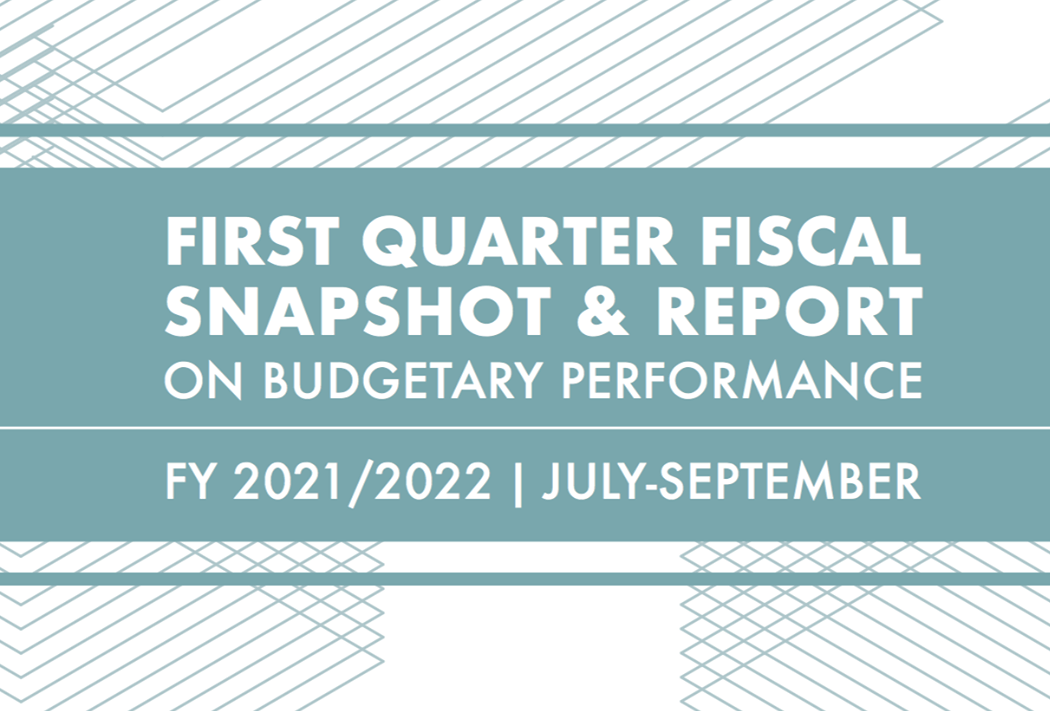NASSAU, BAHAMAS — Former State Minister for Finance Kwasi Thomson yesterday accused the Davis administration of suffering from a severe case of “selective memory” regarding the former administration’s efforts towards this nation’s economic performance.
Thompson, the East Grand Bahama MP, during his contribution to the supplementary budget debate yesterday, stated: “The government suffers from a severe case of selective memory. It cannot be right that everything wrong is the former government’s fault but those things positive, this government seems quite pleased to brag about.”
The first-quarter fiscal report shows we earned more revenue than projected, spent less than projected, decreased the deficit and borrowed less.
– Former Minister of State for Finance Kwasi Thompson
Thompson noted that the recent Fiscal Snapshot noted that the country’s economic performance during the first quarter of fiscal year 2021/2022 has improved.
“In almost every area, the revenue for the country increased,” said Thompson, noting that total revenue receipts for the period were an estimated $90 million.
“We were criticized about our revenue projections, as I recall, with some saying we could not justify these revenue numbers,” said Thomson.
“It turns out that not only did we meet the target, but we beat the target by $90 million.
“The first-quarter fiscal report shows we earned more revenue than projected, spent less than projected, decreased the deficit and borrowed less.”
He further noted: “The government also speaks to the University of The Bahamas report to justify its reduction in VAT (value-added tax), but what does the report actually say?
“First, this was a report commissioned by the Free National Movement (FNM). The project was actually commissioned in April. The report states it was actually looking at the FNM budget and the FNM fiscal strategy.”
Thompson noted that the study found the Ministry of Finance’s policy, as outlined in its December 2020 Fiscal Strategy Report, could achieve economic and fiscal targets that set the country on a sustainable positive trajectory.
According to Thompson, that report also found that reducing the VAT rate by two percent, from 12 percent to 10 percent, showed only slight improvements in the real GDP, unemployment rates, prices and poverty levels.

He noted that the report suggested the move would lead to a worsening of the current account, the fiscal deficit and debt-to-GDP ratio, with no change in GINI ratio, which speaks to the equal distribution of incomes among individuals and households.
“If the priority is to benefit the economy, even if only slightly, the VAT reduction should be pursued,” said Thompson.
“However, and at the same time, there must be compensating tax revenue initiatives to address the rise in the deficit and debt-to-GDP ratio.”
Thompson also pushed back against the suggestion that the Minnis administration had intended to raise the VAT rate to 15 percent based on International Monetary Fund (IMF) recommendations.
“The first thing to make clear is to state that none of the recommendations were considered by myself, the then prime minister nor the Cabinet,” said Thompson.
“For the prime minister to suggest that the member of Killarney was contemplating a VAT increase is absolute nonsense.”






